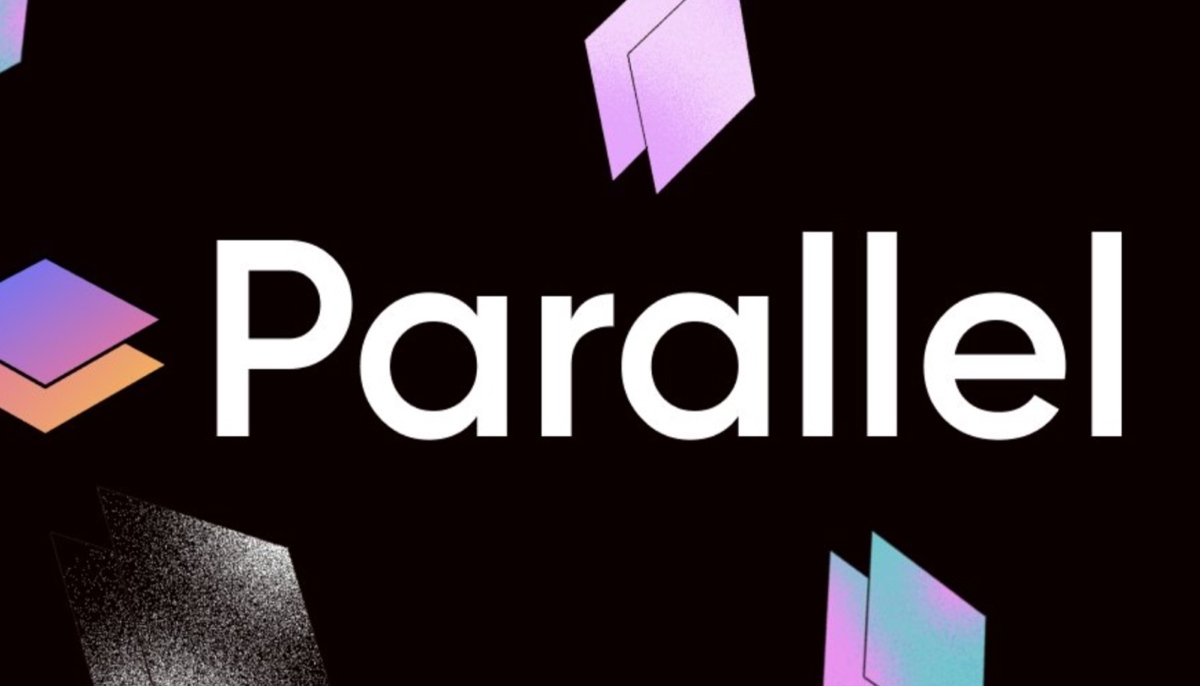Parallel Finance Founder Yubo Ruan on Revolutionizing DeFi with Omni-Chain Solution

The decentralized finance (DeFi) sector, while ripe with potential, grapples with significant issues, particularly in terms of interoperability between different networks. This fragmentation creates a complex environment for users, hindering seamless user experience across the industry.
Yubo Ruan, Founder and CEO of Parallel Finance, addressed these cross-chain challenges in a conversation with Cryptonews.com. Ruan’s most recent work focused on developing solutions that aim to streamline the DeFi segments, making them more accessible for users by enhancing connections between diverse platforms.
Yubo Ruan’s L2 Visions
“There is tremendous growth in the number of Layer 2s and Layer 1s, which complicates the landscape for consumers,” said Ruan. “Astronomical growth in terms of numbers of Layer 2s and numbers of old Layer 1s.”
Ruan’s primary concern lied with the overwhelming options and technical barriers that average users face, stressing the importance of addressing these issues to move forward.
“Just today, there are about 30 unlaunched Layer 2s on the L2Beat website. But there are probably hundreds of L2s about to launch. Same thing for Layer 1s,” added Ruan. “It’s simply not going to work for consumers.”
He also mentioned how the developers can utilize the increasingly complicated yet powerful blockchain to manage latest and even future technologies, including artificial intelligence.
“Crypto is the only way that provides a method to control AI, especially on the data side,” said Ruan. “And I think it’s going to contribute to the AI safety in the long term.”
Parallel Network: The Omni-Chain Solution
Ruan discussed the Omni-Chain solution proposed by Parallel Finance as a response to the sector’s fragmentation. This project is central to his goal of improving the Layer-2 (L2) landscape, fostering a more integrated and efficient ecosystem.
Parallel Network is open for buildooors 💻
As the first omni-chain L2, Parallel unifies liquidity from any chain into one place, providing the infrastructure to build a truly interoperable and omni-chain future for everyone.
Learn how you can get started 👇 pic.twitter.com/A9LtVEc6Ty
— Parallel Network (@ParallelFi) January 20, 2024
“Interoperability is not just a technical challenge; it’s about creating a foundation for innovation in the DeFi space,” said Ruan. “Omni-Chain is designed to unlock this potential.”
In January 2024, Parallel introduced the Omni-Chain project Parallel Network and published a whitepaper.
“The aim is for Omni-Chain to act as a bridge across various blockchain networks, simplifying the interaction between them,” Ruan explained. By natively supporting ERC4337 Account Abstraction and Intent-based execution, it is set to revolutionize the DeFi experience.
“Omni-Chain leverages the strengths of different blockchains, enabling seamless transactions and interactions without the typical barriers users face today.”
Besides using Optimistic Rollup to improve the efficiency, Parallel Network was also the first Layer-2 to launch with Arbitrum’s license, utilizing the network’s competitive performance and execution environment.
According to Yubo Ruan, Parallel Network plans to deploy L2s settled on numerous chains, including but not limited to Ethereum and Bitcoin to aggregate networks together. The Network would also offer a wide range of taking options for improved staking management capability.
The project’s whitepaper, Parallel’s Omni-Chain would reduce users’ spending by sponsoring gas fees for eligible transactions. Instead of being a straightforward promotion, the firm endeavors to create a new business model where the revenue source does not solely rely on fees.
Started in 2021, Parallel Finance has secured about $31 million in all funding rounds and was valued at $500 million in 2022.
Many Dropouts and More Companies Founded

Born in 1996, Yubo Ruan has already founded four companies.
Before his first and second dropouts of Stanford University, Ruan quitted high school to start his first company, Alisimba Technologies Inc. He invented an online piggy bank product that taught children about financial habits.
The company, though being the “least successful” for Ruan, received governmental grants as the initial capital and was eventually sold for over $4 million when he was 19.
Moving onwards, Ruan official stepped into the investment world by co-founding Skylight Investment, backing by one of the biggest education groups New Oriental (NYSE: EDU) and Taiyou Fund.
At Skylight Investment, Ruan invested in multiple high-tech companies that concentrated on disruptive technology innovations, including the Boston-based optic computing firm Lightelligence.
Ruan’s initial move in the crypto sector was founding one of the pioneering blockchain fund 8 Decimal Capital. The multi-strategy investment firm had more than 40 portfolio companies with assets under management (AUM) of over $60 million. It was widely perceived as a top 10 blockchain fund.
“I learned about programming when I was six, started to do competitive programming when I was seven, and then a lot of software and hardware combined,” Ruan reflected on his earliest coding memories.
Crypto-wise speaking, Ruan honed his professional developing skills through professional work. “It’s gained through a lot of full-time projects, assets management, and solidity programming,” said Ruan.
Looking back on his time at Stanford, Ruan still appreciates the education he once showered in. “I took Professor Dan Boneh’s CS 251: Cryptocurrencies and Blockchain Technologies. It’s super,” he recollected. “It was so good to learn so much about foundational cryptography.”
With 13 scientific and technological invention awards and five patents received in high school, a “30 under 30″ award by The Los Angeles Post, a Hurun US Innovation Outstanding Award, four companies founded and countless recognitions, Ruan is fully prepared for the next uncharted waters.




